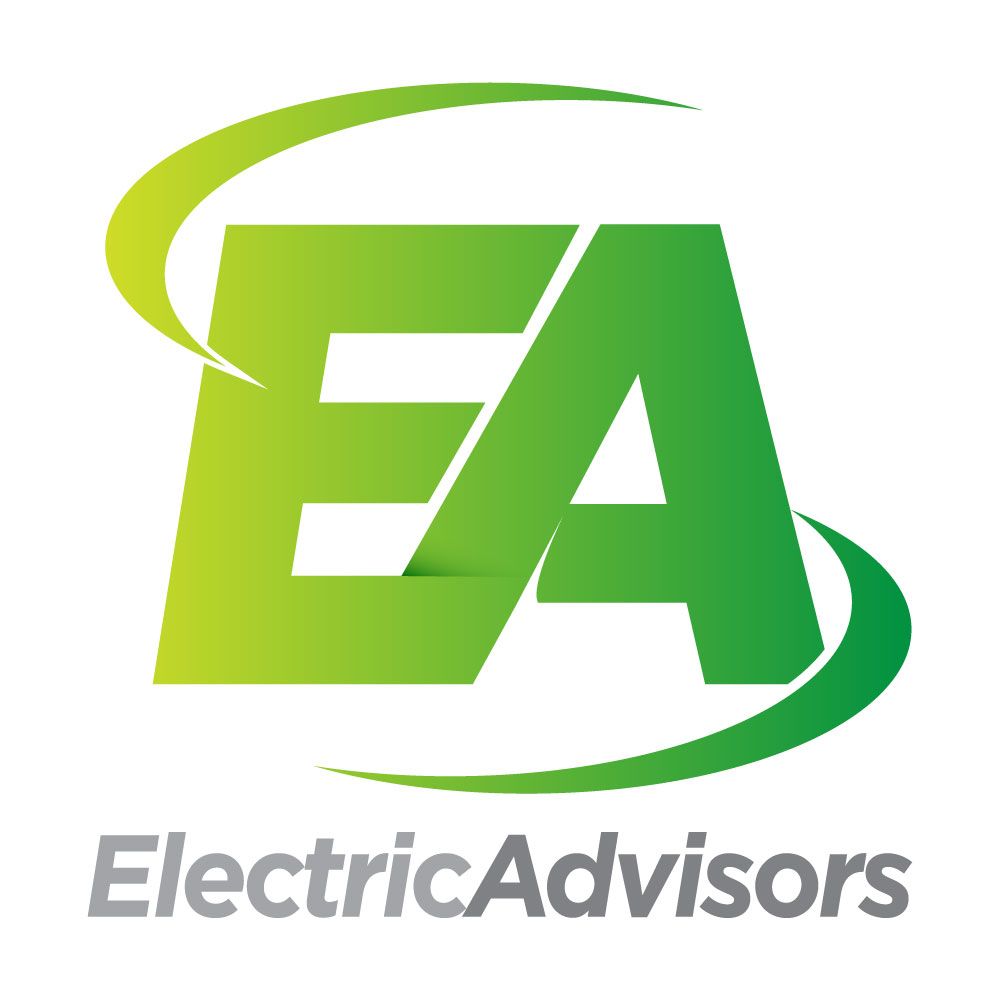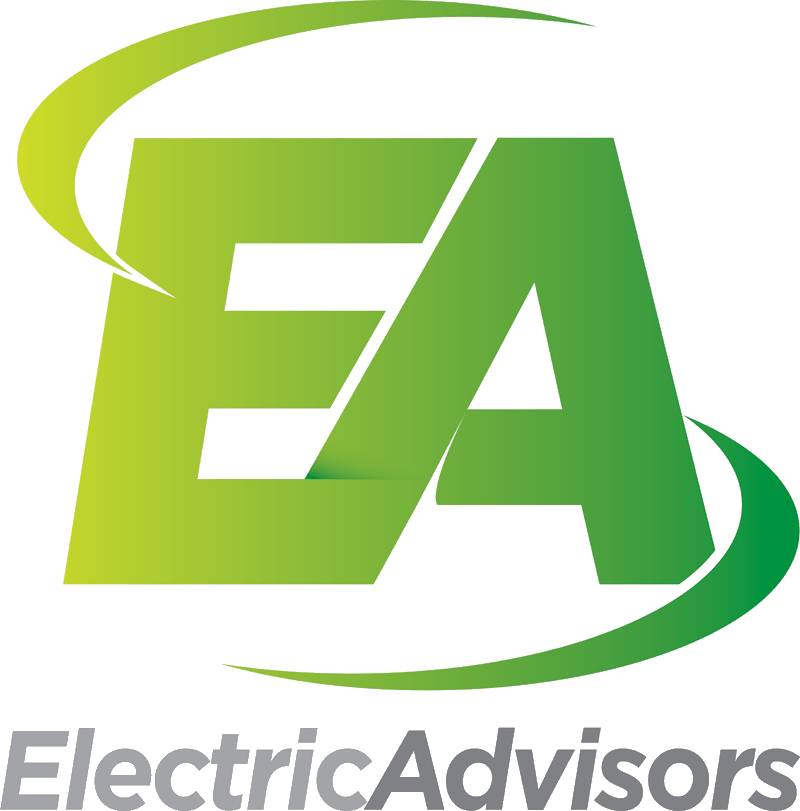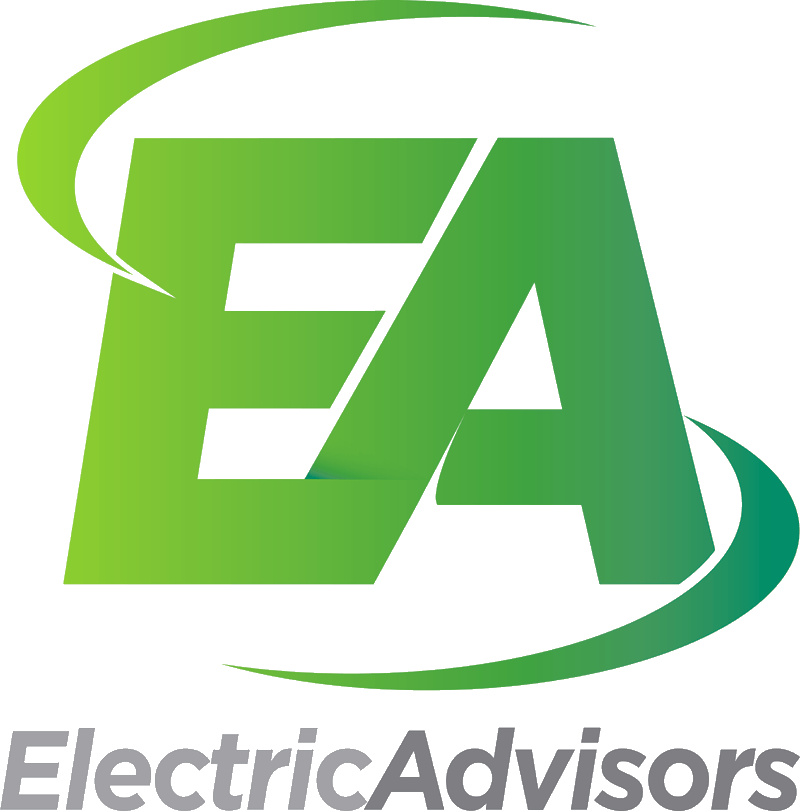Unlocking Value: Why Purchasing Energy on the Open Market is a Smart Move for Your Business
Taking advantage of energy choice can really pay off.

In an era marked by rapid technological advancements and shifting market dynamics, businesses are increasingly exploring alternative energy procurement strategies to optimize costs and enhance financial performance. One such strategy gaining traction is purchasing energy on the open market, which offers businesses greater flexibility, transparency, and cost-saving opportunities compared to traditional utility contracts. In this blog post, we'll delve into why purchasing energy on the open market is a smart financial choice for businesses looking to gain a competitive edge and maximize their bottom line.
Purchasing energy on the open market provides businesses with unparalleled flexibility and control over their energy procurement strategies. Unlike traditional utility contracts, which often lock businesses into fixed rates and inflexible terms, buying energy on the open market allows businesses to negotiate customized contracts tailored to their specific needs and risk tolerance. This flexibility enables businesses to adapt to changing market conditions, capitalize on pricing opportunities, and optimize their energy spending to align with their budgetary and operational requirements.
The open market offers businesses greater transparency and price discovery compared to traditional utility procurement processes. In deregulated energy markets, businesses have access to real-time market data, pricing trends, and competitive offers from multiple suppliers, allowing them to make informed decisions and negotiate favorable terms. This transparency enables businesses to identify cost-saving opportunities, mitigate price volatility, and optimize their energy purchasing strategies to achieve maximum value for their energy expenditures.
By purchasing energy on the open market, businesses can capitalize on competitive pricing and unlock significant cost savings compared to standard utility rates. In deregulated markets, energy suppliers compete for business, driving down prices and offering innovative pricing structures such as fixed-rate plans, index-based pricing, and volume discounts. This competitive environment empowers businesses to shop around for the best deals, negotiate favorable rates, and secure long-term contracts that deliver substantial savings over time.
Energy procurement on the open market enables businesses to implement robust risk management and hedging strategies to mitigate market risks and protect against price fluctuations. By diversifying their energy procurement portfolio and leveraging financial instruments such as futures contracts, options, and swaps, businesses can hedge against volatility in energy markets, stabilize their energy costs, and safeguard their bottom line. This proactive approach to risk management enhances financial stability and resilience, providing businesses with a competitive advantage in uncertain market conditions.
Beyond financial considerations, purchasing energy on the open market allows businesses to advance their sustainability and corporate responsibility goals. By selecting renewable energy options and supporting clean energy projects, businesses can reduce their carbon footprint, demonstrate environmental leadership, and enhance their brand reputation among customers, investors, and stakeholders. Moreover, with the growing availability of renewable energy certificates (RECs) and carbon offsets, businesses can offset their emissions and contribute to the transition towards a low-carbon economy while simultaneously realizing cost savings.
In conclusion, purchasing energy on the open market offers businesses a myriad of financial benefits, including greater flexibility, transparency, cost savings, and risk management opportunities. By embracing alternative energy procurement strategies and leveraging the competitive dynamics of deregulated markets, businesses can optimize their energy spending, enhance financial performance, and gain a competitive edge in today's rapidly evolving business landscape. As businesses continue to navigate the complexities of the energy market, purchasing energy on the open market emerges as a smart financial choice that delivers long-term value and sustainability.



All Rights Reserved
Stay Connected
We will get back to you as soon as possible.
Please try again later.

